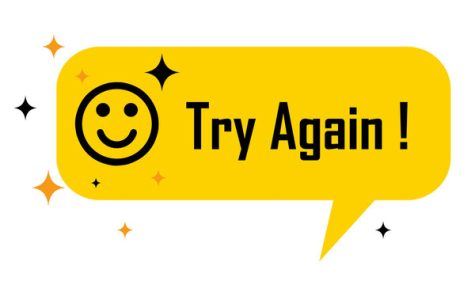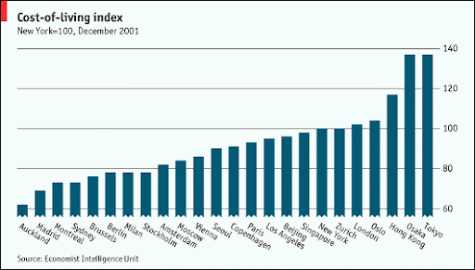January 15 Editorial: Habits
The word habit, as defined by Webster’s, is “a settled tendency or usual manner of behavior.” As we begin the New Year, we are uplifted with the opportunity to become a better version of ourselves. Perhaps this year, we tell ourselves, we will drink more water, Marie Kondo-ize our closets, and become better authors of our own story. However, according to a study completed by the Washington Post, just 8% of individuals achieve their New Year’s resolutions and one in four give up after the first week. This summons the question, “What can we do to better cultivate our lives and take advantage of the time we are given?”
While many may believe that sheer willpower will lead to success, behavior research now points to positive habit building as a more efficient and beneficial method of influencing one’s life. Habits develop through associative learning. For instance, the vast majority of us do not consciously think about the process and action of brushing our teeth every morning or the action of parallel parking. According to The Power of Habit: Why We Do What We Do in Life and Business by Charles Duhigg, every habit begins through three stages: a trigger or cue, the routine (behavior), and reward. Habits originate in the basal ganglia of the brain, which is deeply involved in the development of memories and emotions. Understanding the psychological origins of our habits allows for us to better understand triggers in our lives and eradicate harmful habits in our personal lives, such as procrastination.
As behaviors become more automatic and involuntary, the malaise associated with an action you once hated begins to vanish. Instead of calling on mental fortitude for every action you desire to accomplish, forming behavior patterns through everyday habits allows for a more stable and lasting foundation. Willpower falls apart in moments of exhaustion while habit building weaves your goals into your everyday life.
What we do in the everyday, after all, contributes to the form in which we mold our lives. In The Writing Life, author Annie Dillard states, “How we spend our days is, of course, how we spend our lives.” In this edition of the Armijo Signal, we will explore the habits, both valuable and destructive, that define our lives.





